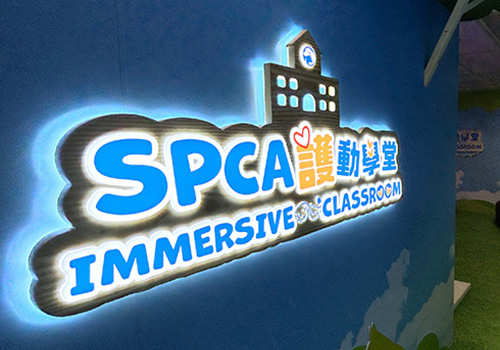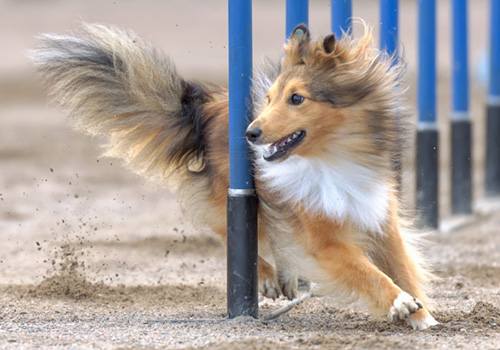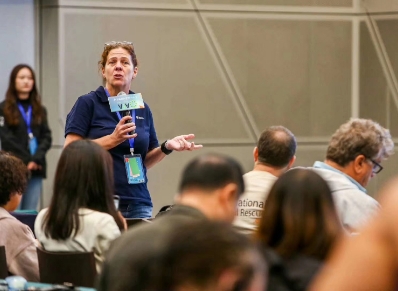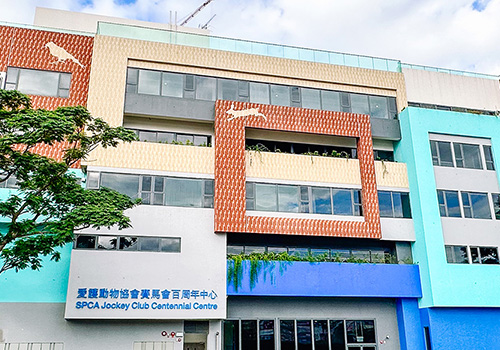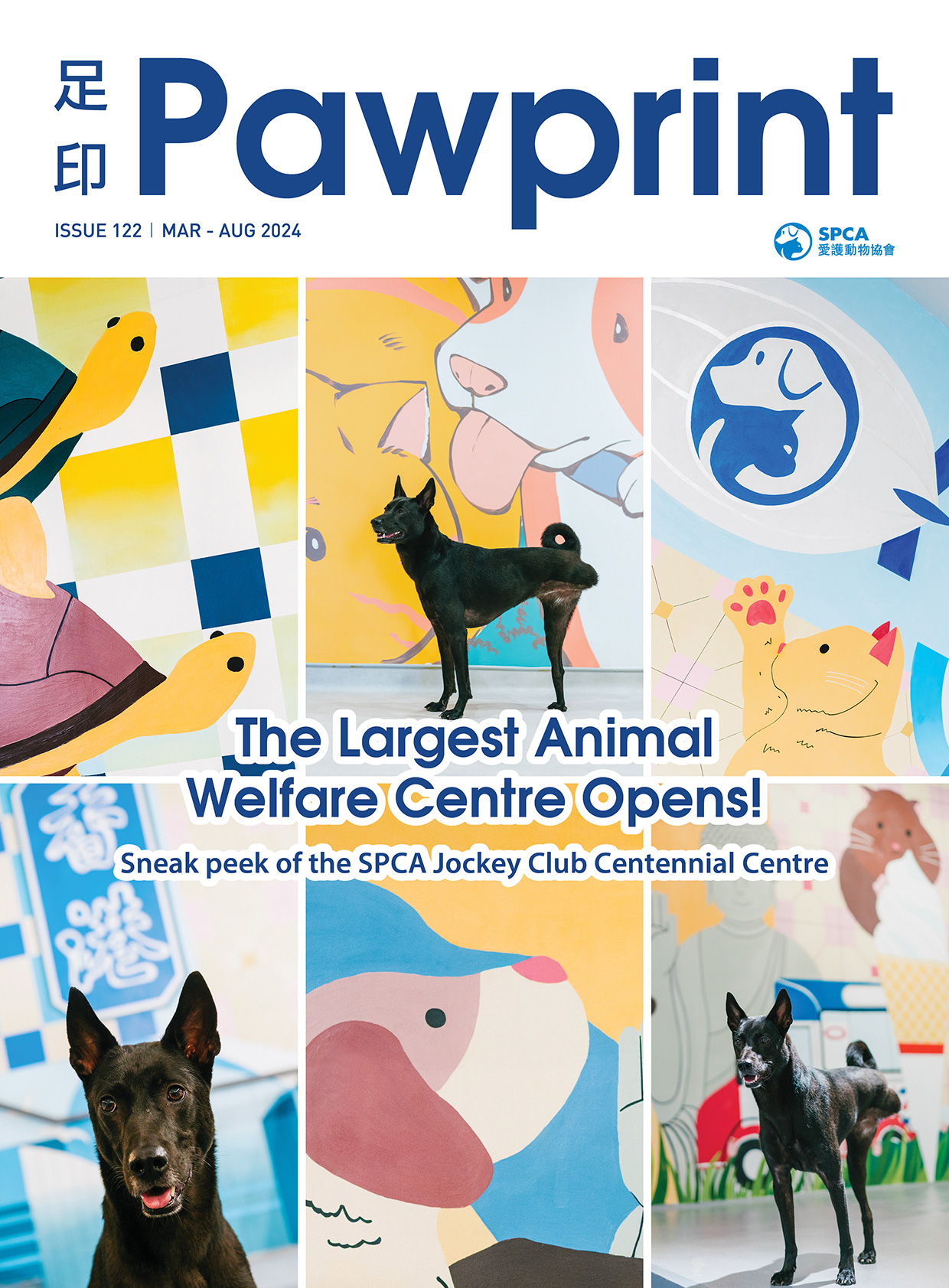Dogs
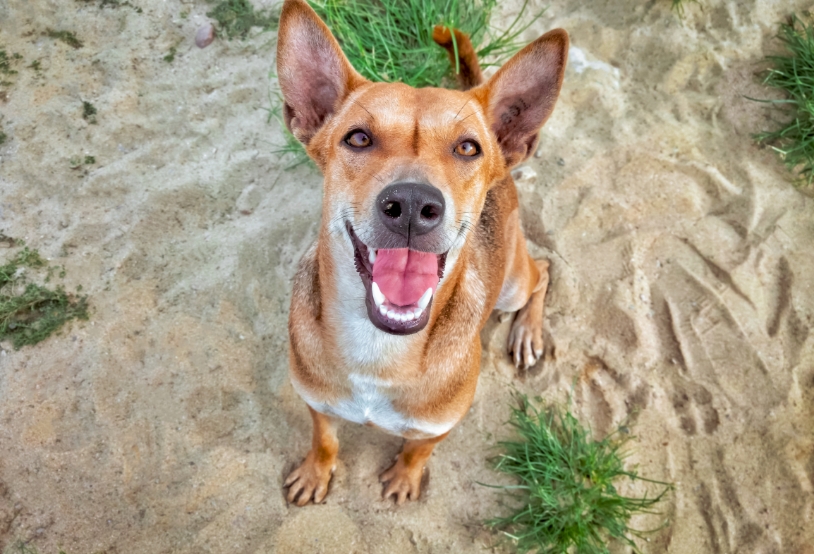
Thank you for considering adoption. Some of the dogs at the SPCA have been surrendered by their owners or rescued by our inspectors or members of the public. Adoption gives these dogs a much needed second chance for a happy life.
Adopting and keeping a dog is a huge responsibility. Dogs are social animals and require a stable environment with plenty of exercise and attention.
If you are interested in adopting a dog, please consider carefully what you will need to provide to keep your new pet happy and well adjusted.
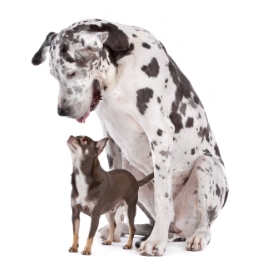
Adopting a dog means a commitment, generally speaking, of between 10 and 20 years. Smaller dogs tend to live longer than larger breeds but it is still a long period of time so do give plenty of thought to whether you and your family are willing to dedicate yourselves to a dog for the entirety of its life.
Some people are forced to surrender their dogs because they move from dog-friendly accommodation to public housing. The simple act of moving house is the reason why one in three dogs are surrendered to us.
Download our Dog Care Booklet

Every single day, you will need to:
Find out more on Dog Behaviour and Training and consider enrolling in a class with your new dog.

By law, every dog over the age of five months must be licensed, and vaccinated against rabies. At the same time, a microchip is implanted, identifying the dog and enabling owners and pets to be reunited if the animal should become lost. The license and vaccination must be renewed every three years. This can be done at any veterinary clinic, AFCD animal management centre or Dog Innoculation centre.
Your dog should also get an annual check-up as well as DHPPiL booster vaccination. Your vet will also be able to answer questions you might have regarding your dog’s health and diet. Given the climate and high incidence of various canine diseases, we also recommend dogs receive regular protection from fleas, ticks and tickfever, and heartworm.
Dogs should be desexed by six months of age. This is a simple procedure that can be done at any veterinary clinic. Desexing not only reduces the risk of many reproductive organ diseases but also eliminates many anti-social behaviours such as territory marking and mating-related aggression.
Hong Kong still has a rate of dog desexing of less than 60%. This is relatively low and results in the births of many unwanted puppies every year.
Please also bear in mind that as your dog ages, it could develop diseases that may entail high veterinary bills. If your dog is a pedigree it may be prone to specific illnesses or conditions which might require long term veterinary care. Non-pedigree dogs, having a stronger genetic makeup, tend to be healthier in the long term.
Adult dogs
Many people have the misperception that adult dogs are not as lovable or trainable as younger animals. Sadly, this means they tend to stay significantly longer in our Adoption Centres than puppies.
The reality is that adult pets make excellent companions, simply because they are older, more mature and easier to manage. Many have already lived in a home and therefore more socialised than a puppy.
Benefits of adopting an adult dog:
- Has reached full size
- Stable temperament
- Health issues likely to be evident by adulthood
- Not as high energy as a puppy
- Longer attention span – will respond to consistent training. Most are house trained
- Already desexed – anti-social reproductive behaviours have already been reduced or eliminated.
Adult dog adoption is particularly suitable for first time pet owners and adopters who are looking for a calmer, more stable companion.
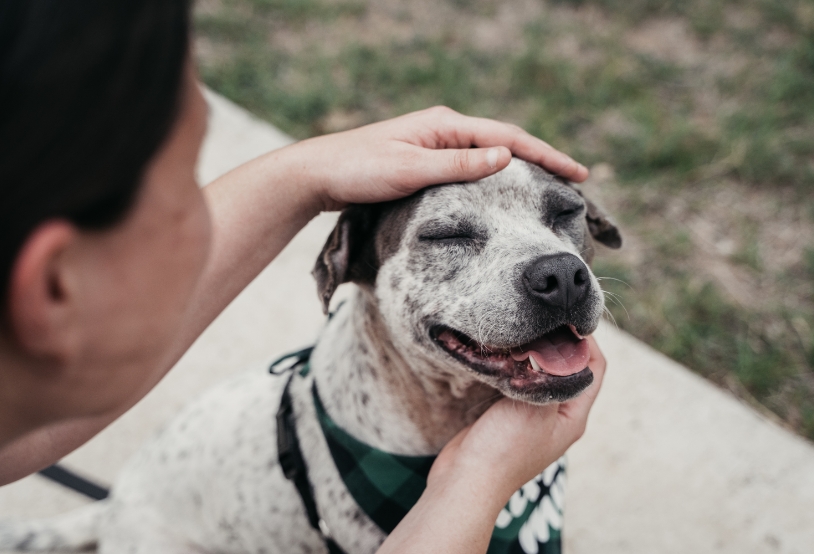
Adopting a puppy
Puppies are usually re-homed at the SPCA after they reach eight weeks and have received their first vaccination. Some may have graduated from our foster parent programme.
Puppies are much more of a handful so the ideal adopters are those who:
- Have had experience raising puppies.
- Will not leave the animal alone for long periods – close supervision at this stage is very important. Young animals need to be fed often and observed closely for illness, lack of appetite and mischief!
- Are patient and prepared for “accidents”. This is part of every young animals’ learning process – humans included. This may include pooing and peeing in the wrong places.
- Will provide a safe environment. Young animals are very playful and can get into everything and anything. A safe environment is therefore very important. Other “accidents” (such as furniture chewing and scratching) may happen when they explore their new world using their teeth, playing, digging, scratching and climbing.
- Will make a commitment to socialisation and training. Socialisation and training are the foundations of a confident, happy pet and are key to preventing future behavioural problems such as aggression, excessive barking and separation anxiety. Good training methods should teach your pet good habits without using fear or physical force.
- Will get their pet desexed.

A dog with special needs may have health or behavioural tendencies that require extra attention but they still deserve a loving home. Please let our homing staff know if you are interested in meeting some of these special pets which could include:
- Shy dogs that might need more socialisation to come out of their shells, or hyperactive individuals who need a high-energy owner and playmates
- Dogs with health needs such as those on short-term medication, or which have long-term issues (e.g. breed related defects, past injury).
Whatever their needs, special needs dogs often have very special connections with their owners. Please do think whether you could provide a forever home.
Our objective is to help as many animals as possible and in order to do that we aim to find homes for animals within two weeks. Any animal that has been with us for longer than two months is considered to be a long stayer.
Our long stay dogs tend to be older animals that might have been rescued, surrendered or have special needs. They might also be puppies that were not lucky enough to be adopted when they were young.
We do our very best to keep our dogs in the best possible conditions while they wait for new homes but, however good our kennels, they are never the best environment. Dogs need to be in a loving home and SPCA is committed to finding our dogs the loving homes they so deserve.

